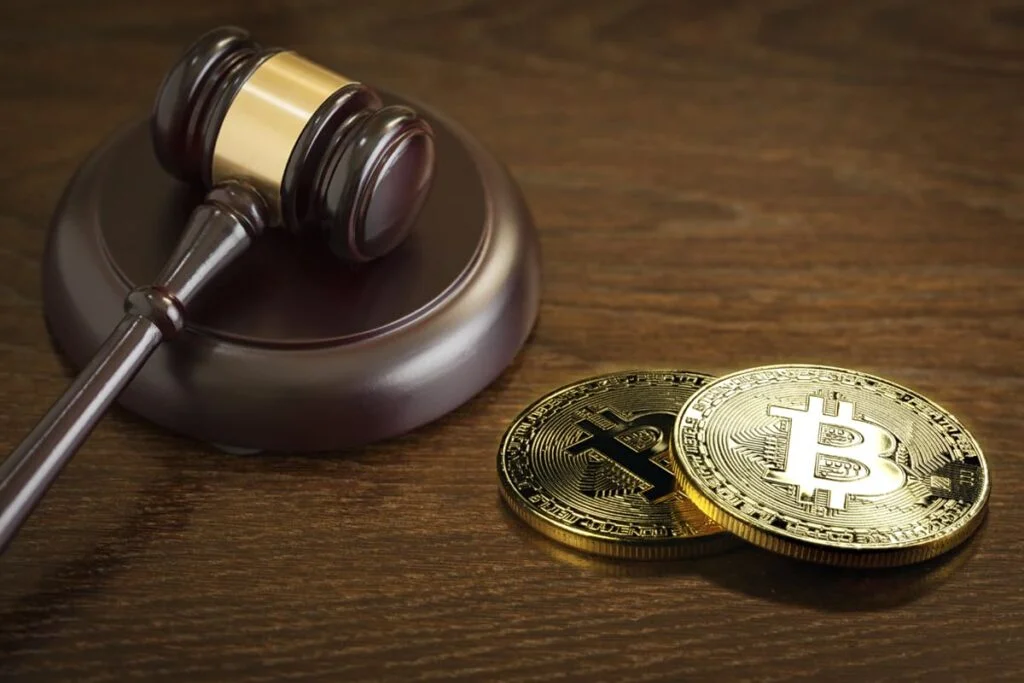Max Keiser, a Bitcoin advocate, urges El Salvador’s credit rating upgraded and to recognize Bitcoin’s impact on financial stability.

El Salvador, a nation with significant Bitcoin holdings, has established a novel precedent by transferring a substantial portion of its Bitcoin holdings to cold wallets and securely storing them in tangible vaults located within the nation’s borders.
El Salvador Fortifies its Bitcoin Reserves
Presidential Nayib Bukele of El Salvador discloses the decision to transfer a considerable proportion of the nation’s Bitcoin reserves to a cold wallet, signifying a momentous development.
Complementing this action is the construction of a physical vault within the national territory to securely store the cold wallet.
Indicating the endeavor as the first-of-its-kind “Bitcoin piggy bank” in the country, President Bukele stresses the significance of employing secure storage methods and judicious asset management.
The choice to migrate Bitcoin holdings to a cold wallet is consistent with El Salvador’s continuous endeavors to incorporate cryptocurrencies into its national financial system.
This strategic move underscores the nation’s forward-thinking stance in adopting digital assets and capitalizing on inventive solutions to foster economic progress.
Moreover, El Salvador’s action serves to emphasize several crucial aspects.
To begin with, it fosters transparency by permitting unrestricted access to Bitcoin holdings, thereby establishing assurance that the assets are not being lent or relocated.
Furthermore, it exhibits a profound comprehension of Bitcoin, thereby showcasing proficiency in the efficient management of digital assets.
Additionally, the choice to retain the assets rather than exchange or transfer them demonstrates confidence in Bitcoin technology.
Finally, this strengthens the legitimacy of El Salvador’s Bitcoin reserves and positions the country as a trustworthy participant in the cryptocurrency industry.
Bitcoin Maxi Demands Credit Rating Upgrade
It is common knowledge that the adoption of the Bitcoin standard by El Salvador led to a significant credit downgrade from international rating agencies.
However, it comes out that the Latin American nation has managed its debt more effectively ever since it accumulated Bitcoin reserves.
As per Bitcoin maximalist Max Keiser, a substantial transition is currently taking place.
Rating agencies should pay attention, he suggests because Bitcoin is fundamentally transforming the quality of a nation’s financial collateral basis.
A credit rating upgrade to investment grade (IG) is possible as a result of this transition in the immediate future.
Keiser emphasizes President Nayib Bukele’s decision to increase the country’s Bitcoin reserves in support of what he compares to a “speculative assault” against fiat currency in El Salvador.
Keiser argues that as these reserves increase, El Salvador’s creditworthiness strengthens, leading to a reduction in borrowing expenses.
Additionally, he presents the notion of “Volcano Bonds” as an additional catalyst that facilitates this transformation.
Keiser forecasts that as the reliance on Bitcoin expands, including the prospective issuance of Volcano Bonds, El Salvador’s credit rating will improve, borrowing rates will decrease, collateral value will increase, and the debt-to-equity ratio will eventually reach zero.
